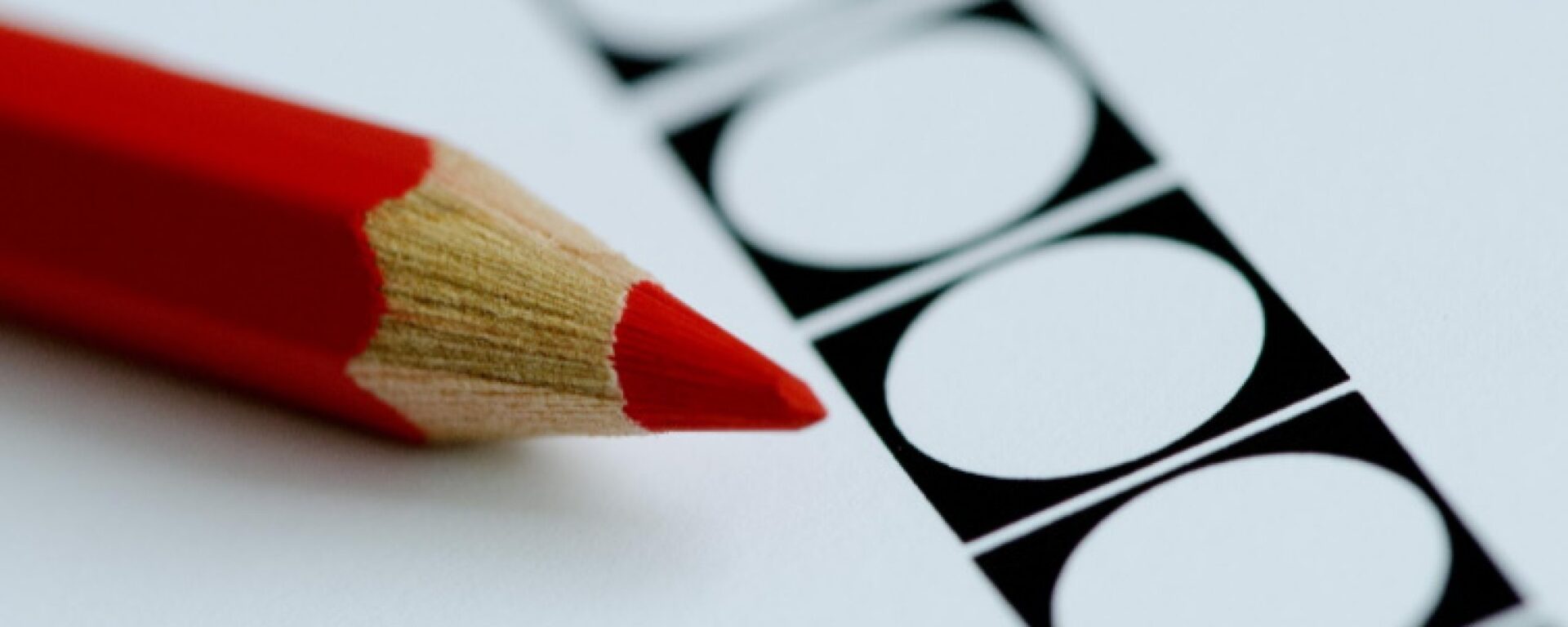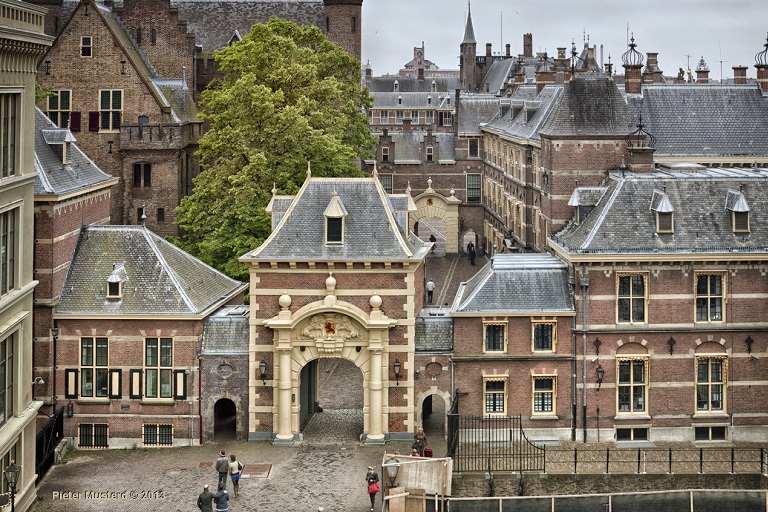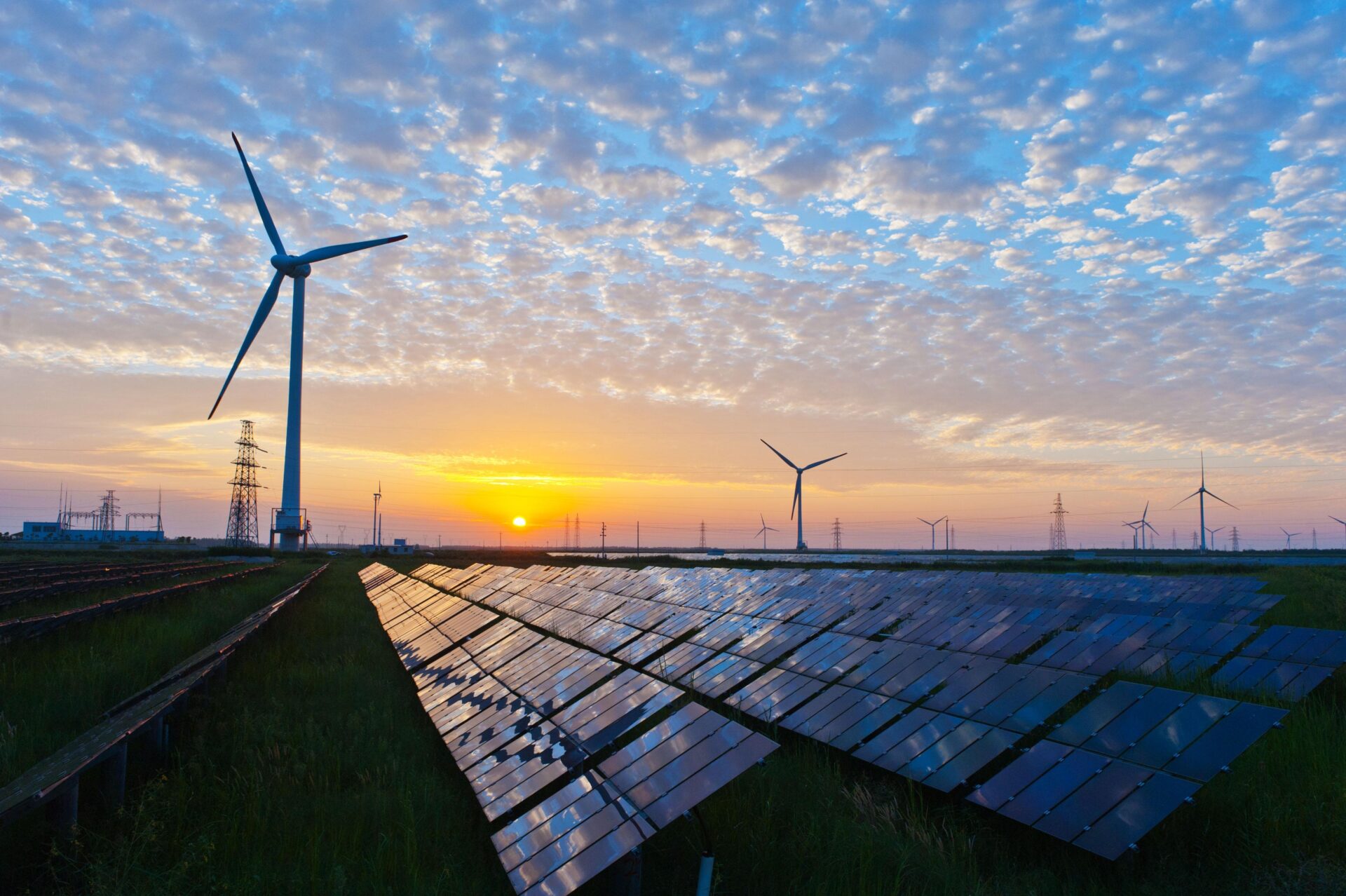Meanwhile, both gas and electricity prices have already dropped considerably recently. This is mainly due to the relatively mild winter, Van Cleef knows. "As a result, we have been able to replenish gas stocks well and prices have fallen. Van Cleef suspects that this decline will continue for some time.
Risks
"But not all uncertainties have disappeared," the economist warns. The situation in China poses a risk. When that country's economy picks up, the demand for energy also increases. Van Cleef thinks that a lot of lng - liquefied gas - will then go to China instead of Europe. "That could put upward price pressure on us," the energy economist explains.
Only in the months of April and May will the first figures from China be known. Until then, energy and gas prices will still fall, Van Cleef believes. The risk is that towards the summer energy prices will rise again. 'But it remains to be seen what the figures on the Chinese economy will tell us,' the energy economist said.
Price Ceiling
Nevertheless, it is important that energy giants such as Eneco and Vattenfall are now coming up with lower prices, Van Cleef believes. 'Large parties like that buy a bit longer in advance, which means that prices rise less quickly, but also fall less quickly. That also explains why prices are still above the price ceiling.'
'Hopefully, politicians will come up with a solution in time'
At the beginning of 2024, the price cap will come to an end and it will have to be considered whether to extend it. If it were up to Van Cleef, not everyone would need the price cap. 'There are homes that are energy poor, but they also often have trouble paying other bills. So I think you need to look at the income side to correct it rather than the energy bill,' Van Cleef explains. "That's something that needs to be discussed by politicians and hopefully resolved in time.
©BNR


